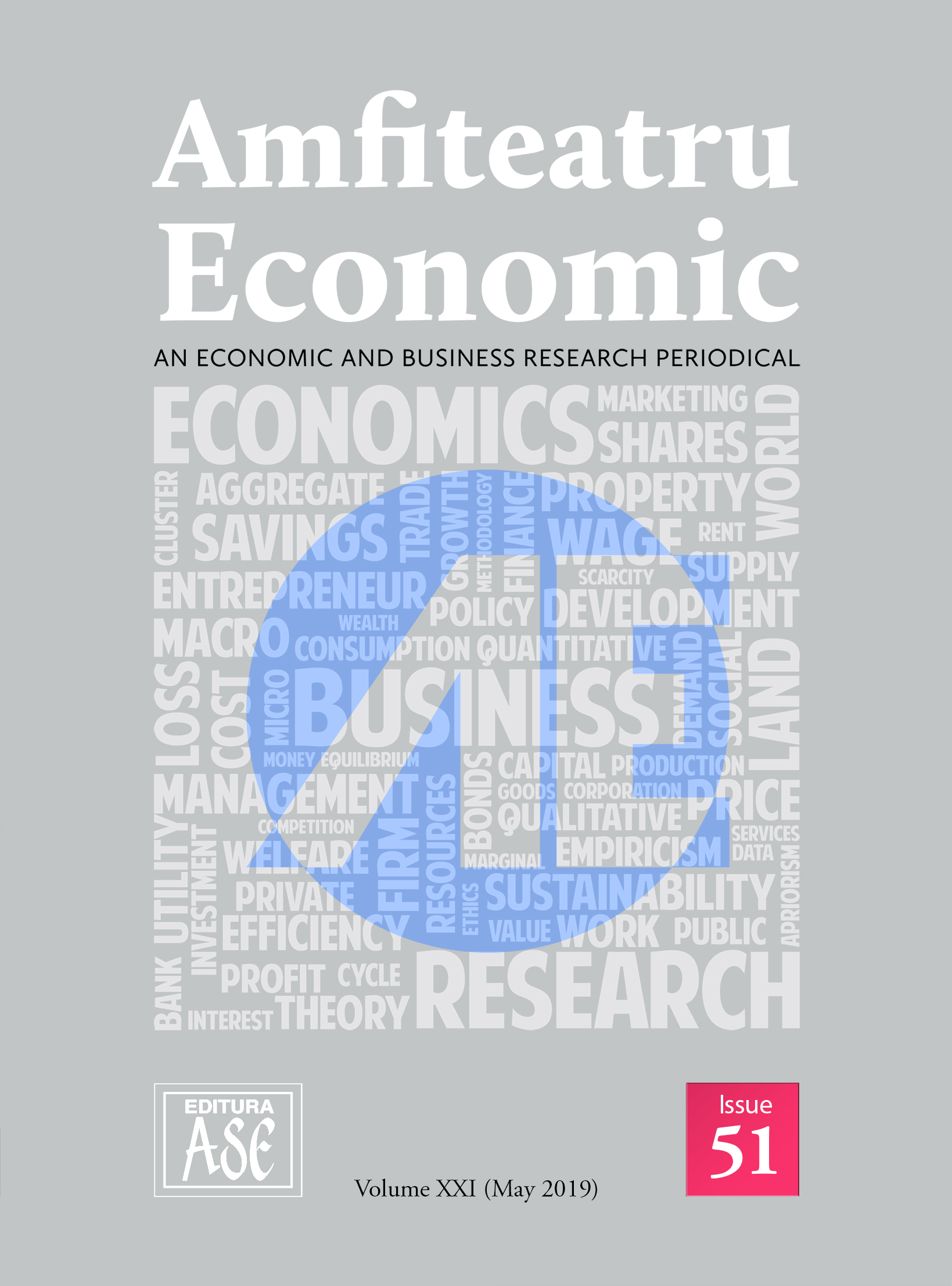Approaches regarding the Management of Food Policies in the Context of the African Swine Fever Crisis based on a Food Sustainability Statistical Model
Approaches regarding the Management of Food Policies in the Context of the African Swine Fever Crisis based on a Food Sustainability Statistical Model
Author(s): Valentin Marian Antohi, Monica Laura Zlati, Roxana Sârbu, Silvius Stanciu, Florina Oana Vîrlănuță, Sorin AnagnosteSubject(s): Agriculture
Published by: EDITURA ASE
Keywords: food policies; African swine fever; pig farms; food sustainability statistical model; economic effects;
Summary/Abstract: Food policies are focused on ensuring the consumption needs of the existing population in a given territory. In general, food policies are built on food continuity and production based on a pool of natural resources available at a given time. Critical food security incidents, particularly the epidemiological crises in livestock farming from a geographical area can significantly affect the population’s food resources and disrupt applicable local and national food policies. Thus in some cases it is necessary to adopt food security plans and biosecurity procedures in order to isolate outbreaks, and limit the spread of the epidemic, protect the unaffected food and mitigate the negative impact of the crisis on the local sources of agro food production.The main objective of the study was the analysis of food policies in Romania in the context of the recent outbreak of African swine fever epidemic. Based on bibliographic documentation and processing of official information on the effects of the epidemic on swine farms, the authors have proposed a food sustainability statistical model with practical applicability in assessing and quantifying the effects of African swine fever crisis in Romania. The results of the study showed the possibility of statistical modelling of the national food security indicators in the event of critical incidents in the agro-food chain. The model implementation simulation highlighted potential beneficial economic effects by modifying Romania's food policies.The research results are new at national level, with a potential positive impact on scientific research in the field of economic and agro-food production. The designed statistical model may be useful to economic operators and, in particular, to national authorities in order to adjust food policies in critical food security situations, to limit the phenomena of destabilizing the consumer market and to avoid possible economic disruptions due to crisis situations in the livestock production sector.
Journal: Amfiteatru Economic
- Issue Year: 21/2019
- Issue No: 51
- Page Range: 329-346
- Page Count: 18
- Language: English

